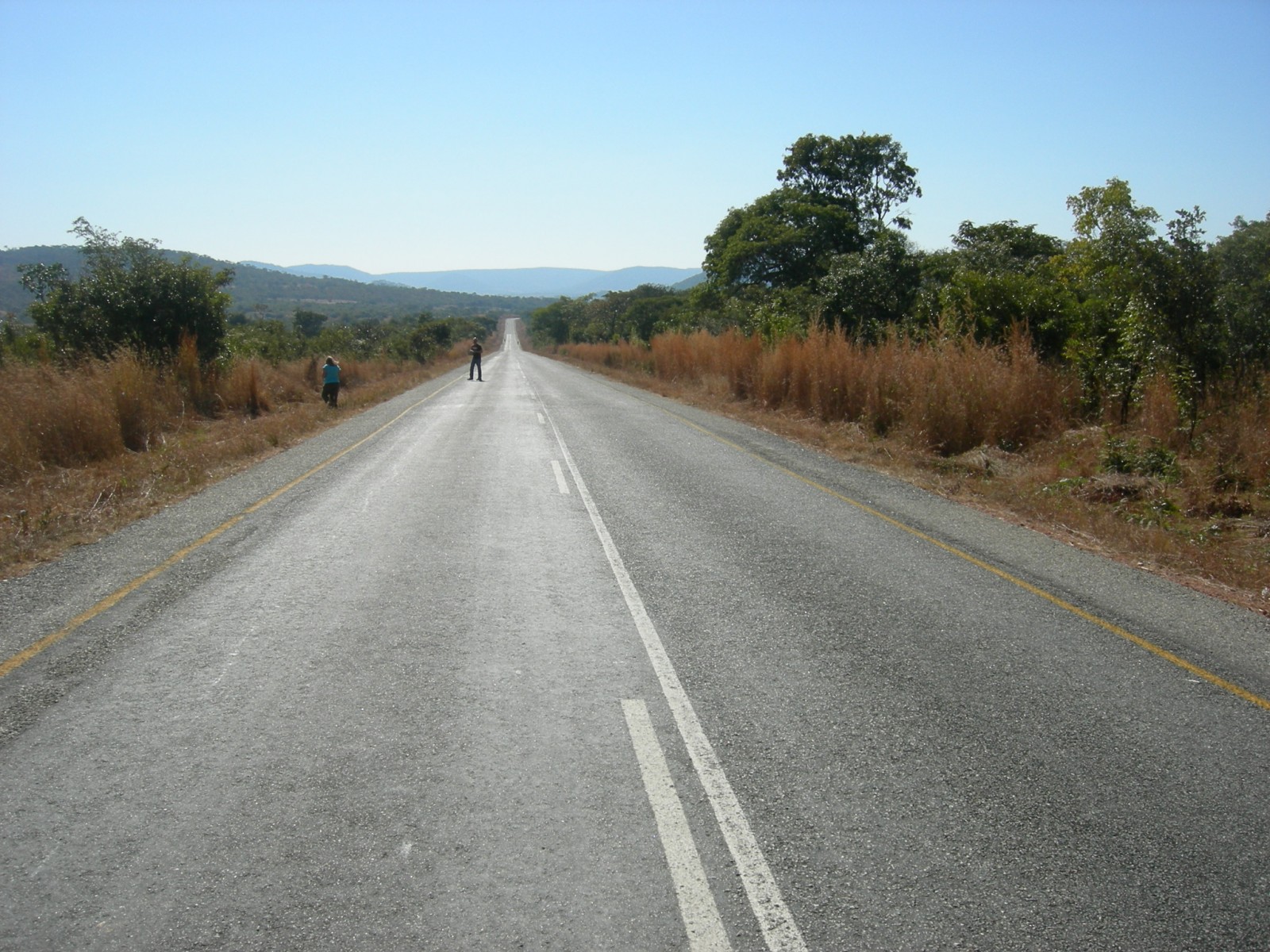In an attempt to improve the nation’s ailing roads infrastructure, the World Bank said that it has committed a total of $564.5million to the country’s road infrastructure projects. The bank did not state the period during which the investment was made. On the negative side, the World Bank predicted a more than100 percent rise in deaths from road accident in Africa, from an annual estimate of 200,000 persons to 500,000, unless concrete steps are taken to avert the doom.
These facts were disclosed by the Programme Coordinator, Global Road Safety Facility, World Bank, Mrs Tawia Addo-Ashong in an interview with Vanguard Homes & Property in Abuja. She called on road safety agencies to start now to embark on a national road safety strategy and plan of action to reduce the deaths toll.
“In Africa, more than 200,000 people die yearly from road accidents with a predictions that the figure is likely to increase to 500,000 annually by 2030 if the various governments in the continent fail to act now to prevent the doom,” she said.
Nigerian roads, according to her, rank among the poorest in the world in terms of safety facilities, road network and management. This scenario is replicated in the regulation and enforcement of road transport activities. While many developing and developed countries have engaged in concerted efforts to reduce road traffic accidents, Nigeria seems not moving forward.
The World Bank chief explained that it (bank) has a total of 27 national projects in Nigeria and two regional ones valued at $5.732.3billion. Specifically, the bank has committed $564.3billon to road projects. A breakdown shows that Lagos urban project of would gulp $4.5m; rural access management project, RAMP 1 $60million; Federal road development project, $$330million and rural roads management project RAMP2 , $170million. Addo-Ashong urged the Federal Road Safety Commission, FRSC to imbibe the “Safe System Approach” that recognises preventive efforts by aligning road safety management with broader transport and planning decisions.
“Effective road safety management requires data that users can rely on for accuracy to define road safety problems, identify risks, formulate strategy and develop interventions, set targets and monitor performance. Data relevant to road safety are collected every day in most countries but these data are not useful for informing road safety practice unless they are properly processed and shared across stakeholders,” she said.
The programme coordinator stressed the need to carry all road stakeholders along in the fight against road crashes in order to reduce them to the barest minimum.







